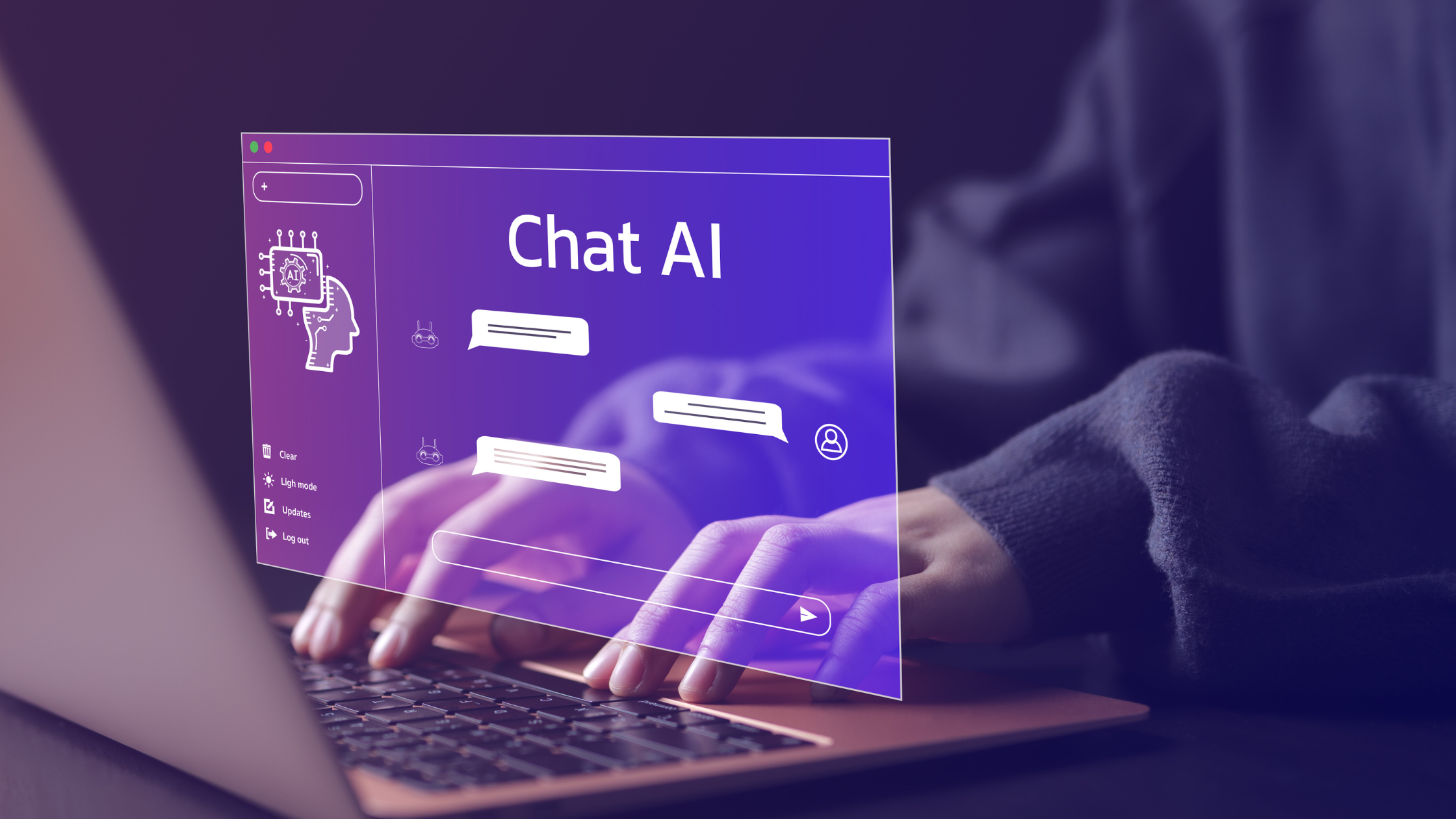In the first part of this series, we introduced how AI can enhance business operations. Now, let’s explore how business owners can specifically leverage GPTs (Generative Pre-trained Transformers) and LLMs (Large Language Models) to solve everyday business problems.
GPTs, like ChatGPT, are advanced AI models that excel at understanding and generating human-like text. These models can be integrated into your business to streamline processes. For example, imagine running an e-commerce store. A GPT-powered chatbot can handle customer service inquiries 24/7, answering common questions about shipping, returns, or product details. This not only improves response times but also frees up your team to focus on more complex customer issues, increasing productivity.
Content creation is another area where GPTs shine. Whether you're a small business or a larger enterprise, consistently producing high-quality content is key. GPT models can help generate product descriptions, blog posts, and social media updates with minimal input from you. For instance, an AI could draft 10 variations of a product description, tailored to different customer segments, in a fraction of the time it would take a person.
Data analysis is another valuable use case. Let’s say you gather customer feedback via emails, surveys, or reviews. GPTs can analyze this unstructured data and summarize key trends, such as what customers love about your product and where they see room for improvement. This can give you actionable insights to refine your products or services without needing a dedicated data analyst.
LLMs can also be invaluable for more specialized tasks like drafting contracts or generating personalized email campaigns. Imagine an AI helping your sales team draft tailored proposals based on customer data, or even forecasting future sales trends based on historical data.
By leveraging GPTs and LLMs, business owners can improve efficiency, save time, and make better data-driven decisions—all while enhancing customer satisfaction.
To further help us with our journey to better understanding and utilizing AI in our business we asked Marvin Harris to come and shed some light on the subject. Marvin Harris founded Compound Leverage to help strategic business leaders use AI and the THINK Method to hit their goals faster. His diverse background in management consulting, business intelligence, operations, government contracting, and entrepreneurship, coupled with his participation in programs like the Maryland Tech Council VMS, Google For Startups Founders Academy, YCombinator’s Start Up School, and Amazon Activate, instills confidence in his expertise.
Marvin had this to add to the conversation:
“AI Agents, GPTs, LLMs, and AI Apps are powerful tools, but a business-first approach is crucial. Focus on areas with manual work and paper processes for AI integration to boost productivity. Consider ROI and hidden costs, like reskilling staff. AI should cut redundant tasks and data, freeing your team up for strategic work.
For example, a client is replacing her CRM with AI, saving 40 hours weekly and cutting five subscriptions—showing clear ROI. Different models have strengths:
- ChatGPT excels in conversation and creativity
- Claude is better for coding, writing, and analytic tasks.
Managing AI costs wisely is key to building scalable AI automation and workflows.
AI isn’t perfect; human oversight, knowledge bases, and focused tasks enhance its power, ensuring outputs are accurate and relevant. With AI, any company can get instant, data-driven insights, making it essential for driving results. The real power lies in blending AI with your expertise.”
To check his upcoming training schedule, visit compoundleverage.com/#webinar.
Follow Marvin on LinkedIn at linkedin.com/in/marvharris

